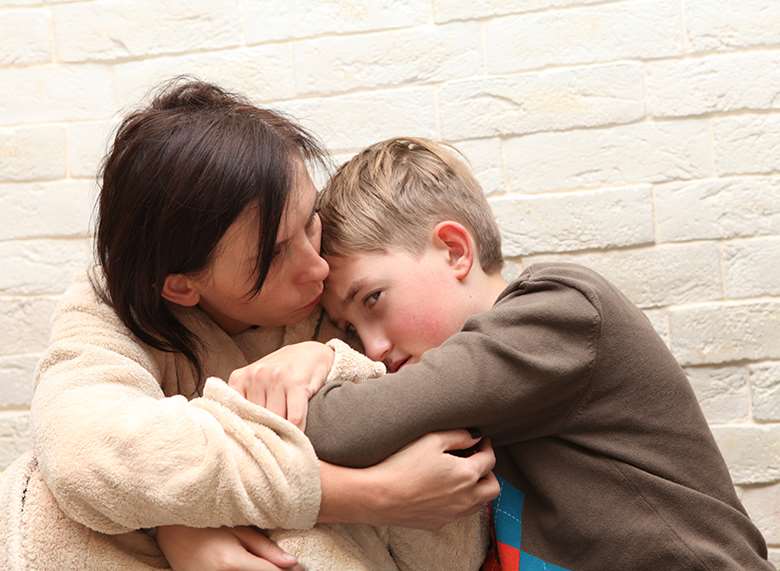Care proceedings duration lengthened at height of lockdown, MoJ figures show
Fiona Simpson
Monday, October 5, 2020
The average duration of care proceedings rose by around three weeks during the height of lockdown, while the number of domestic abuse cases was the highest on record, Ministry of Justice figures show.

Statistics for April to June show that the average time for a care or supervision case to reach first disposal was 36 weeks, up three weeks from the same quarter in 2019.
Meanwhile, 34 per cent of cases were disposed of within 26 weeks - down seven percentage points compared with the same period in 2019.
The report also shows that adoption applications were down 35 per cent compared with the equivalent quarter in 2019 while the number of adoption orders made between April and June decreased by 52 per cent.
The MoJ said: “During the initial Covid response, administrative and judicial resource was a significant challenge, resulting in a number of courts suspending operations for a period. This led to unprecedented falls in volumes, and substantial changes to timeliness measures.”
The figures also show that applications for domestic violence orders increased by 24 per cent compared with the same quarter in 2019, while the number of orders made increased by 17 per cent over the same period.
A report into the figures produced by the MoJ states: “The exception to this general trend is for domestic violence remedy cases, which saw substantial increases in both new cases starting and cases that reached a final disposal – up 24 per cent and 36 per cent respectively and both are at record levels since the published time series began.”
Recent figures from the NSPCC also showed an increase in reports of concern about domestic violence.
The Association of Directors of Children’s Services warned that “domestic abuse is the most common reason children and families come to the attention of children’s social care”.
Sara Tough, chair of the ADCS families, communities and young people policy committee, said: “Several things have impacted on timescales, for example, the number of cases has increased as has the complexity, and delays can also be caused by assessments that must be completed for family members who emerge once proceedings are already underway.
"When considering these statistics we must take into account the significant disruption to the work of the courts as a result of the pandemic; in person hearings were largely unavailable for the period covered and remote hearings often take longer and are not well suited to complex, contested hearings, therefore, the data may not represent general trends in the family court system.
“The significant increase in numbers of domestic violence remedy order applications between April to June is concerning, however, it is reassuring that there has also been an increase in the number of orders granted by the courts to protect victims.
“That said, domestic abuse is the most common reason children and families come to the attention of children’s social care, the Domestic Abuse Bill must go further to prevent it from occurring in the first place.”




